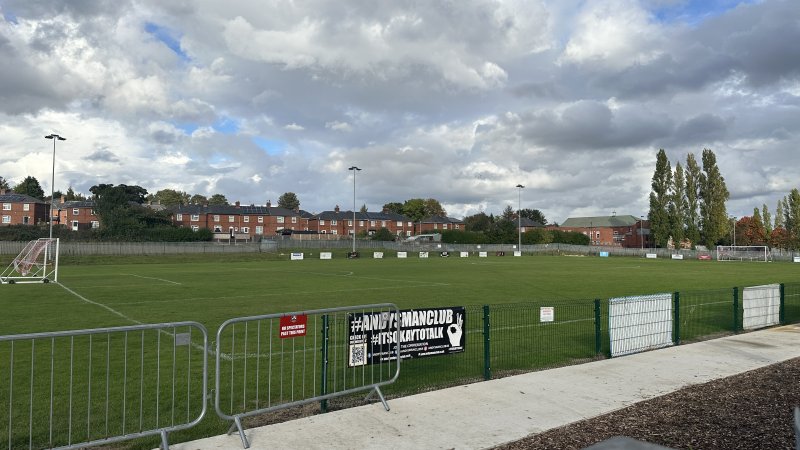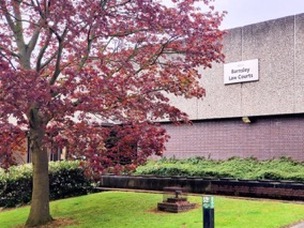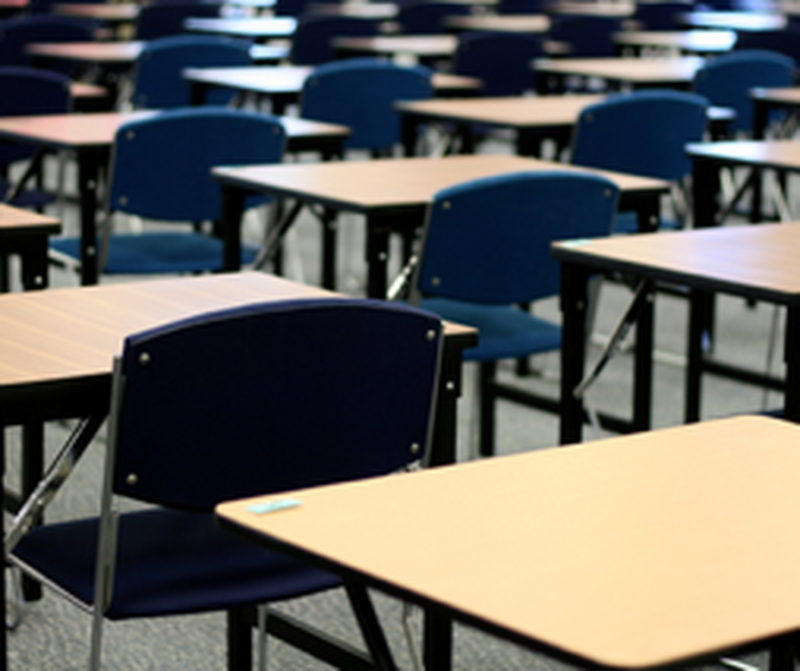MORE than half a dozen Barnsley schools are expected to spend more than they will earn in the next academic year.
A Freedom of Information request, seen by the Chronicle, shows that eight Barnsley Council-maintained schools are projecting a deficit for the 2024/25 academic year.
It also states that each of these schools have agreed a licensed deficit arrangement with the council ‘in principle’.
A school is in a financial deficit when it spends more than it earned when factoring in the previous year’s balance.
A licensed deficit is the amount agreed by the school and the local authority, which the school expects to overspend in the current financial year.
It will only be agreed if unacceptable harm to educational standards would result if the school were not able to overspend by this amount.
Approved in principle does not mean that the council has agreed to fund the deficit, the Chronicle can confirm, and the responsibility to return a ‘surplus position’ rests with the schools themselves.
Coun Ashley Peace, cabinet spokesperson for children’s services, told the Chronicle: “We are aware that eight schools have forecasted budget deficits for the coming year, which reflects a broader national challenge faced by many educational settings.
“We are committed to supporting these schools by providing advice as they develop their deficit recovery plans.
“Our goal is to help them achieve financial stability and return to a surplus position.
“We will continue to work closely with these schools to address their financial challenges.”
It’s an increase from the number of schools who were in financial deficit in 2022/23 - four - and a huge increase from zero in 2021/22.
The Association of School and College leaders said government investment has ‘failed to keep pace with rising costs’, warning deficits will harm pupils’ education.
Julia Harnden, funding specialist at the ASCL, said many schools must operate in-year deficits while identifying longer term savings because of stalling investment in education.
“While schools endeavour to do this without detriment to pupils, this inevitably impacts on provision, such as pastoral support, curriculum options and routine building maintenance,” she added.






























